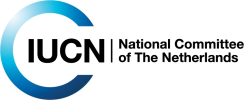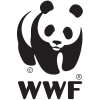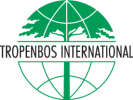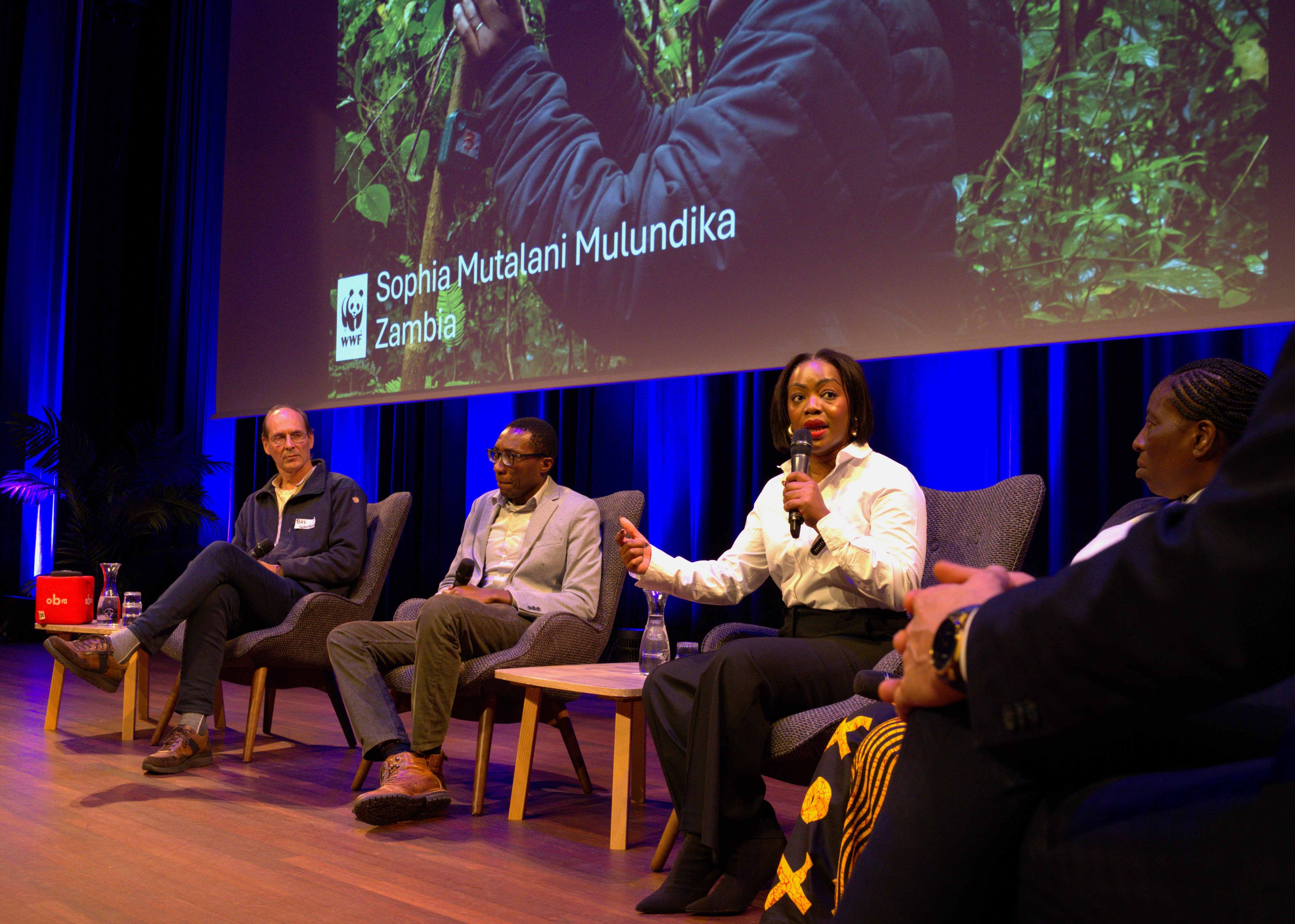
MoMo4C as a growing movement
Last week, we reflected on how the programme began and on all we’ve achieved in recent years. Representatives from three of our impactful partners shared stories from their landscapes, highlighting the challenges they faced and how MoMo4C supported them in scaling up business cases.
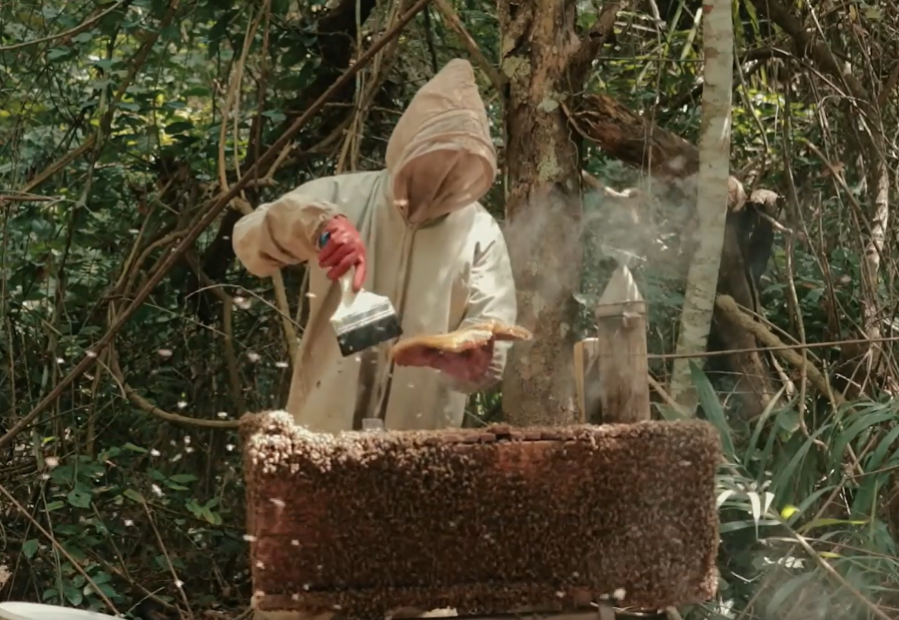
Documentary: Liquid gold in Ghana
Nestled in Ghana's cacoa hub, the western north region is a vibrant high firest zone renowned for its greenery and remarkable biodiversity. The regions stands as the nations powerhouse, with countless smallholder farmers dedicating their lives to cultivating cocoa. With the support of MoMo4C, these farmers are diversifying their income sources beyond cocoa production. This film takes you into the Sefwi-Wiawso-Juaboso-Bia landscape, where innovative Green Business initiatives are helping cocoa farmers build sustainable livelihoods.
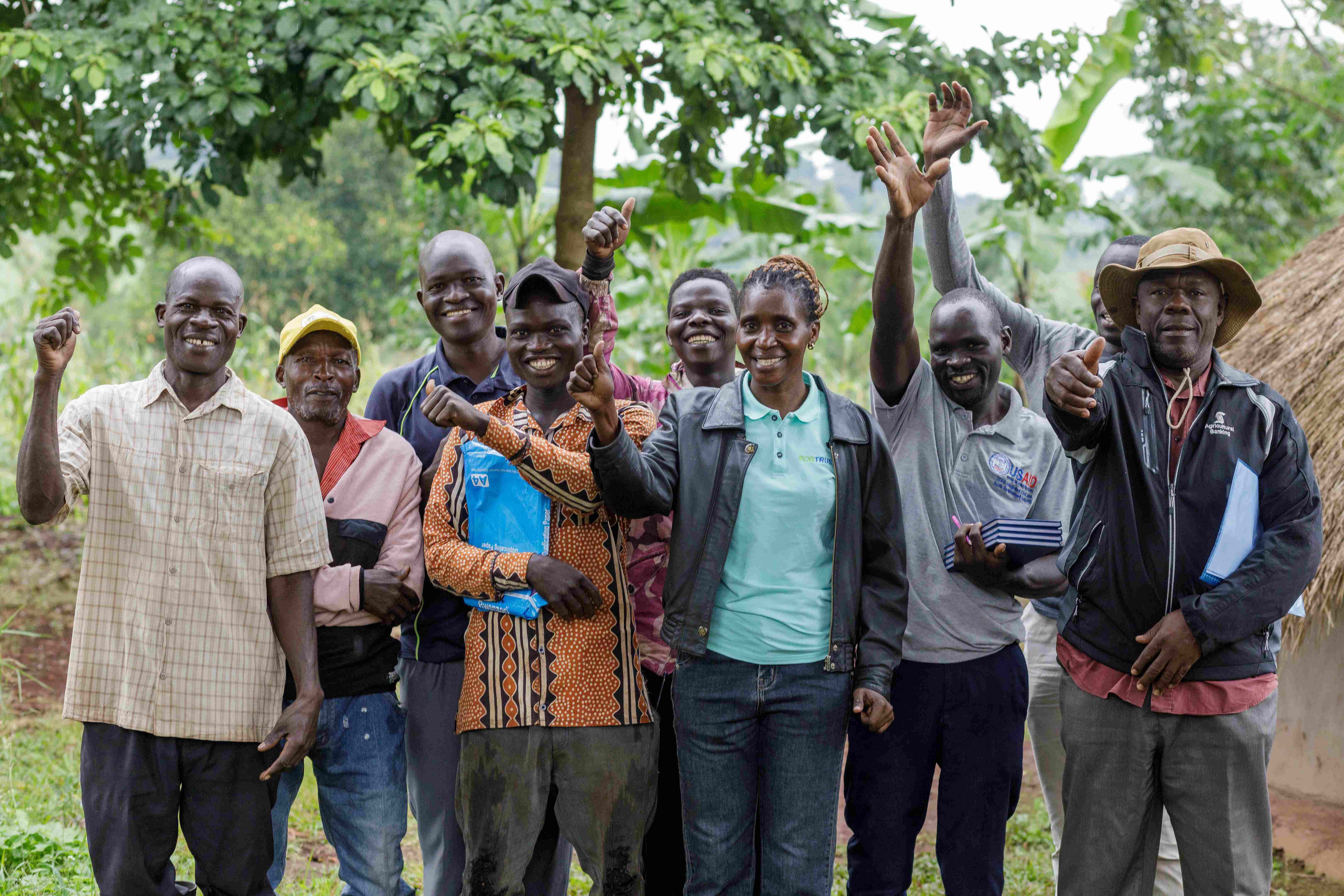
Celebrating 6 years of Mobilising More for Climate
On 2 December 2025 we celebrate 6 years of Mobilising More for Climate (MoMo4C). During the event, we close the current chapter on MoMo4C, celebrate our achievements, share insights, and look into the future. Because even though the programme is coming to an end, our impact does not stop here. The partnerships, approaches, and lessons developed through MoMo4C offer a strong foundation for future efforts to scale up climate action and landscape restoration in vulnerable regions.
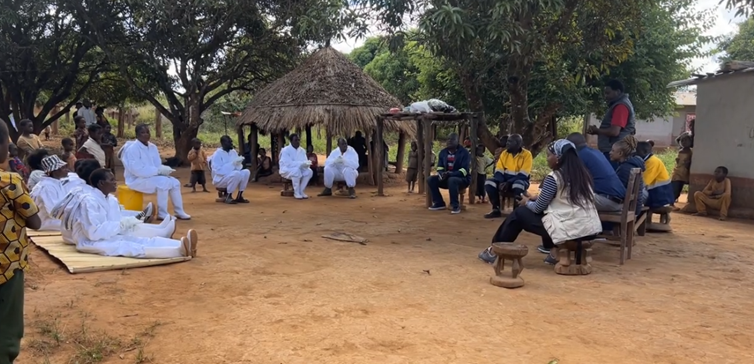
Video: MoMo4C in Zambia
The Earth is battling a dual crisis. How are we going to tackle climate change and biodiversity loss? In the KAZA, Luangwa & Kafue landscape in Zambia, MoMo4C contributes to a range of business cases by facilitating access to international markets and identifying financing partners. Our latest video tells the MoMo4C story and shares examples of our work through WWF Zambia.
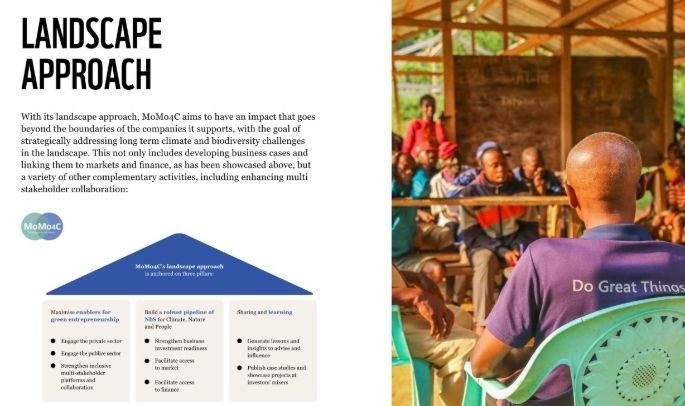
MoMo4C WWF case studies in Zambia and Cameroon
WWF published a compilation of case studies that are part of the MoMo4C programme. This set of eight case studies focuses on promising bankable nature projects in Zambia and Cameroon, and features some of the landscape approach activities that are being undertaken by MoMo4C in these landscapes. The case studies highlight how MoMo4C uses innovative technical assistance to support Bankable Nature Solutions project.
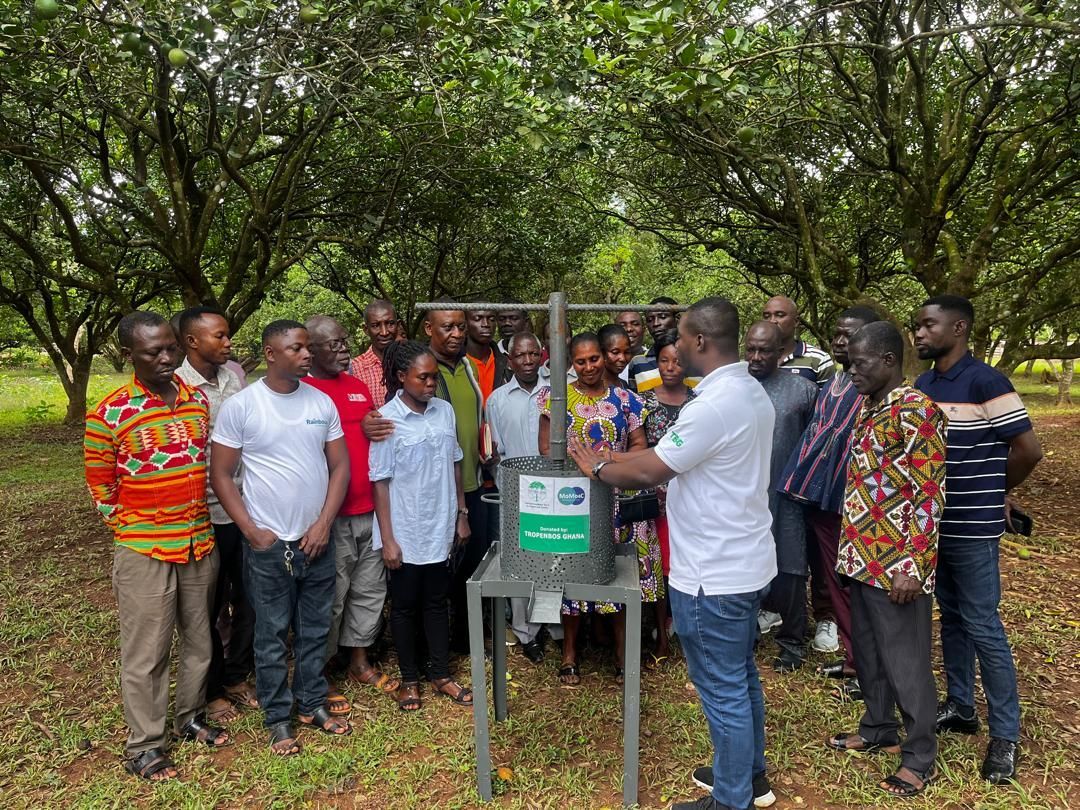
MoMo4C highlights from Tropenbos Ghana
For the past five years, the MoMo4C has been a driving force for sustainable development in the Juabeso-Bia and Sefwi Wiawso Landscape in Ghana. Through collaboration with different stakeholders, Tropenbos Ghana has pioneered innovative finance solutions using the landscape approach, creating real impact on the ground. One of the key achievements has been the establishment of 33 Village Savings and Loans Associations (VSLAs) across 36 communities.
